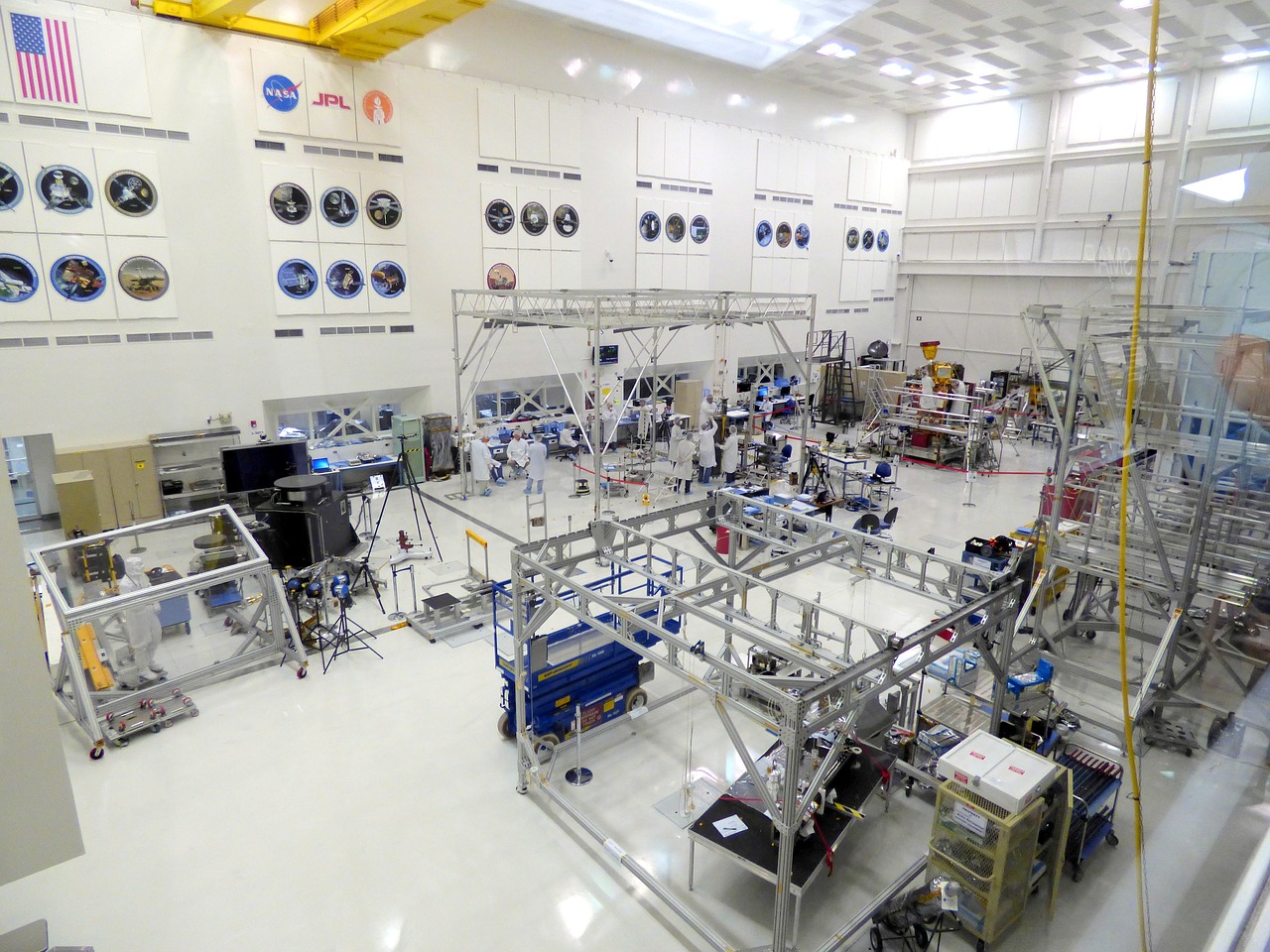
The coronavirus outbreak near key technical centers has forced NASA to suspend production and testing of its Moon rocket and capsule systems.
The increasing rate of infection from the coronavirus outbreak has prompted the National Aeronautics and Space Administration (NASA) to put on hold Moon rocket and capsule systems production and testing activities.
US President Donald Trump had set 2024 for the first crewed mission to the lunar surface in 50 years but the impact of the coronavirus made the already optimistic date, more challenging than before.
According to NASA, it had no choice but to suspend work on the construction of the Space Launch System (SLS) rocket and the Orion capsule.
One confirmed case has been identified in one of the staff at the Stennis Space Center in Mississippi while the Michoud Assembly Facility in Louisiana hasn't yet had a COVID-19 case.
However, the growing number of infection rates in communities surrounding both technical centers gave NASA no sensible option but to shut down the activities.
NASA administrator Jim Bridenstine said staff were now moving to put hardware in a safe condition.
He added: “We realize there will be impacts to NASA missions, but as our teams work to analyse the full picture and reduce risks we understand that our top priority is the health and safety of the NASA workforce."
Prior to this, the first core stage of the SLS was being transferred by engineers from Michoud to Stennis for a test firing. It was then scheduled to be taken to the Kennedy Space Center in Florida for an uncrewed test flight.
The unmanned mission, called Artemis 1, was set for early 2021. This would be followed by a crewed trip around the Moon, before the first planned landing, called Artemis 3, in 2024.
NASA is currently conducting teleworking across its ranks, but engineering work will push through on a number of high-priority missions, including the new Mars rover, Perseverance.






